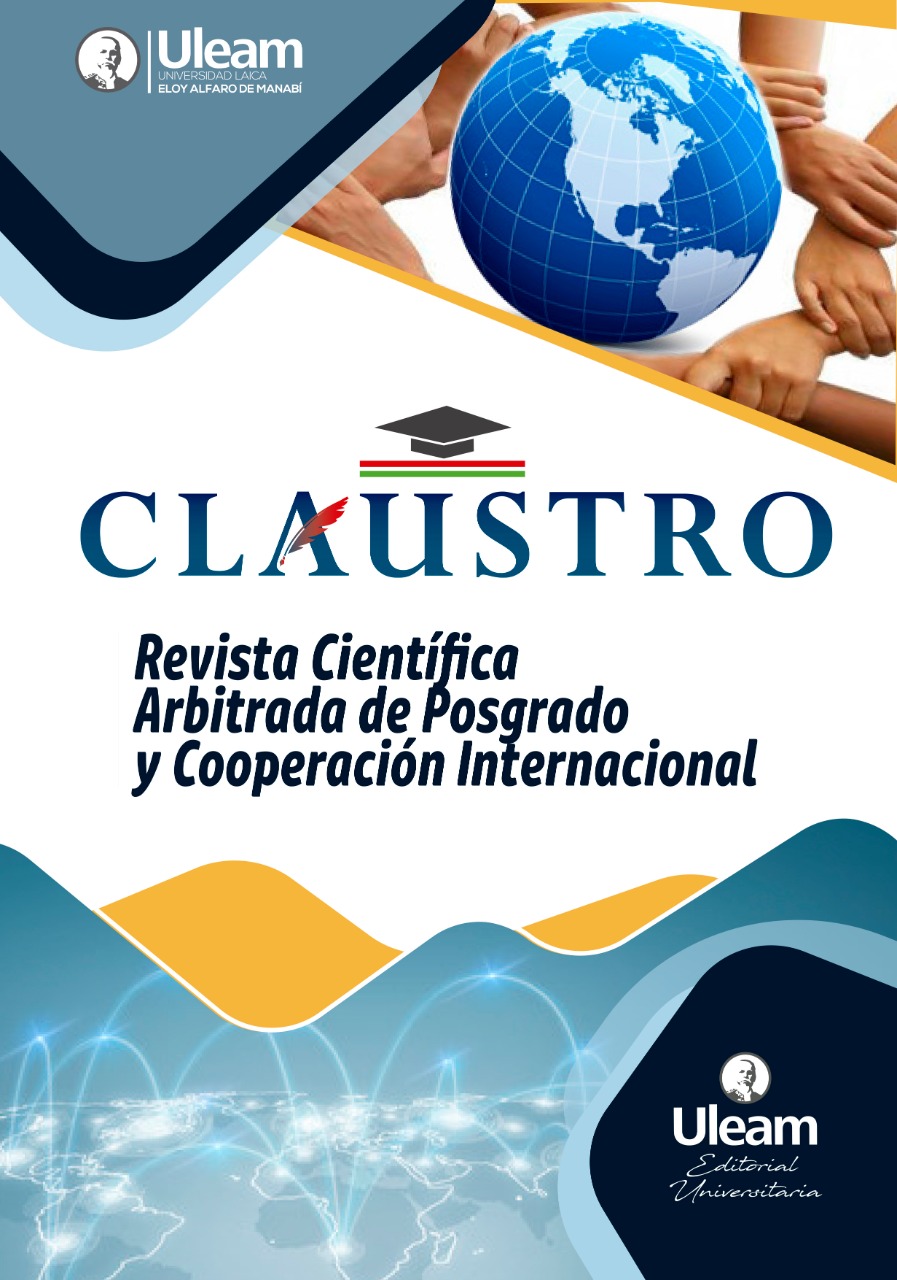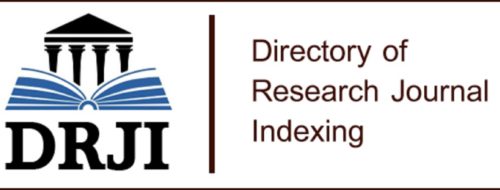DEPRESSIVE SYMPTOMS AND AUTOMATIC THOUGHTS IN ADULTS WITH PSYCHOSOCIAL PROBLEMS IN A PANDEMIC IN THE MONTECRISTI CANTON, 2020
Keywords:
depressive symptoms, automatic thoughts, covid-19, psychosocial problemsAbstract
The objective of this study was to identify, assess and determine manifestations and consequences of depressive symptoms and automatic thoughts and influence of relationship, behavioral, social and abuse or neglect problems of adults, during the Montecristi Canton pandemic, in the year 2020. It was carried out under a study with a mixed, qualitative and quantitative approach; To do this, a survey of information of psychosocial characteristics and the BDI-II (Beck's Depression Inventory) were applied to a simple probabilistic sample of 279 adults from the Montecristi canton, which allowed to measure depressive symptoms, from which results were obtained regarding the 46% of people had mobility difficulties to access their work, 34% did not adapt to the pandemic time, 57% have felt sad and still cannot feel well due to the loss of family or friends due to COVID- 19. In conclusion, the population of Montecristi is an active entity and during the pandemic it presented mild and moderate depression, evidenced in the Beck Depression Inventory, however there were cases of severe depression, it could also be concluded that the impact during 2020 at the level The social situation caused the adults of Montecristi to formulate automatic thoughts in response to the difficulties they had due to the low economy associated with other estrangement from friends or other relatives.
Keywords: depressive symptoms, automatic thoughts, covid-19, psychosocial problems.
Downloads
References
DSM-IV. (1995). Manual diagnóstico y estadístico. https://www.eafit.edu.co/ninos/reddelaspreguntas/Documents/dsm-iv-manual-diagnostico-estadistico-trastornos-mentales.pdf.
Hernández Rodríguez, J. (2020). Impacto de la COVID-19 sobre la salud mental de las personas. Medicentro Electrónica, 24(3), 578-594.
Huarcaya-Victoria, J. (2020). Consideraciones sobre la salud mental en la pandemia de COVID-19. Revista peruana de medicina experimental y salud pública, 37, 327-334.
Natera, G., & González-Forteza, C. (2012). Sintomatología depresiva leve y enfermedad depresiva. Salud mental, 35(1), 1-2.
OMS. (1985). Obtenido de https://apps.who.int/iris/bitstream/handle/10665/187411/EB79_23_spa.pdf?sequence=1&isAllowed=y
Organización Mundial de la Salud. (2020). OMS. Obtenido de Depresión: https://www.who.int/es/news-room/fact-sheets/detail/depression
Prieto, Bravo, Gianella, Pierola, D., Victoria, Merea, & Zegarra. (2020). Depresión y ansiedad durante el aislamiento obligatorio por el COVID-19 en Lima Metropolitana. Liberabit, 26(2).
Vázquez, O. G., Orozco, M. R., Muñiz, R. C., Contreras, L. A. M., Ruíz, G. C., & García, A. M. (2020). Síntomas de ansiedad, depresión y conductas de autocuidado durante la pandemia de COVID-19 en la población general. Gaceta médica de México, 156(4), 298-305.





4.jpg)









